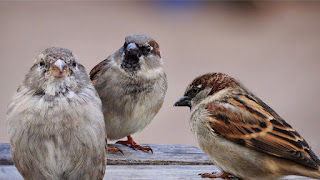We must realize that our story matters and needs to be shared. The following guidelines offered by Viola Davis can help us own our story and have the courage to share it with others.[1]
I Am Doing the Best I Can
We need to stop chastising ourselves nonstop and mercilessly. Most people try their best according to what they know best. We can remind ourselves, particularly when we fail despite our trying, “I am doing the best I can.”
I Will Allow Myself to be Seen
It is the default tendency of the mind to hide from others what is broken, messy, and hurtful. Often, a deep-down fear in us can lead us to not show our wounds to others because they might despise and reject us. Perhaps the other person is undergoing the same struggle, too. Can we break through the barrier, allow ourselves to be seen, and thus move toward a relationship based on authenticity and freedom? If we are afraid to be seen by others, then we are not yet free to own our story. We are not free to connect with others.
Do Not Leave Anything on the Floor
There can be hindrances in sharing our story fully and honestly, again for fear of not being good enough and consequently assuming rejection by others. “Go further. Don’t be afraid. Put it all out there. Don’t leave anything on the floor”.[2] Let us own our story entirely; if we do not, who will?
It is sad if our story remains unknown and we die a mystery even to people who are close to us. Davis states, “I will not be a mystery to my daughter. She will know me and I will share my stories with her—the stories of failure, shame, and accomplishment.”[3] Can we have the courage to own our story fully and to share it with those who deserve to know?
People who impact our lives are those who are authentic and dare to share their stories not only of grace but also of shame, not only of cheers but also of tears.











